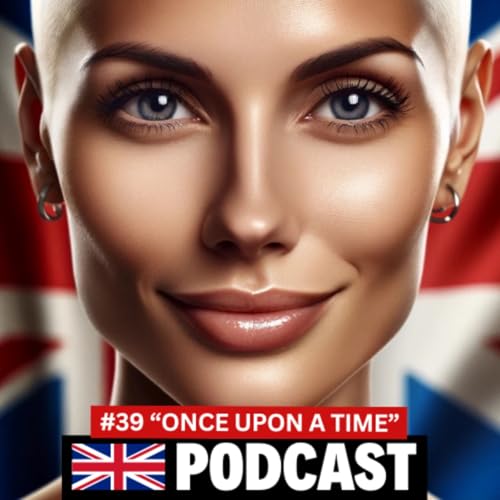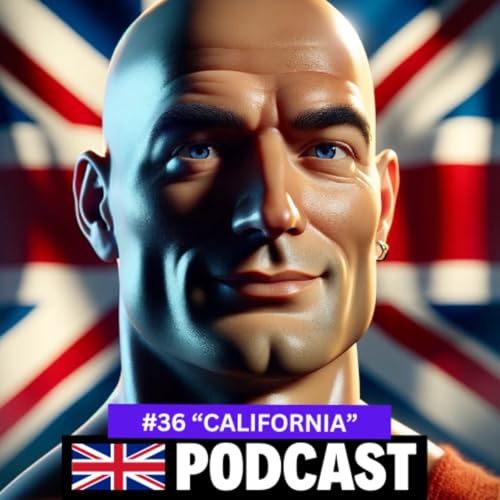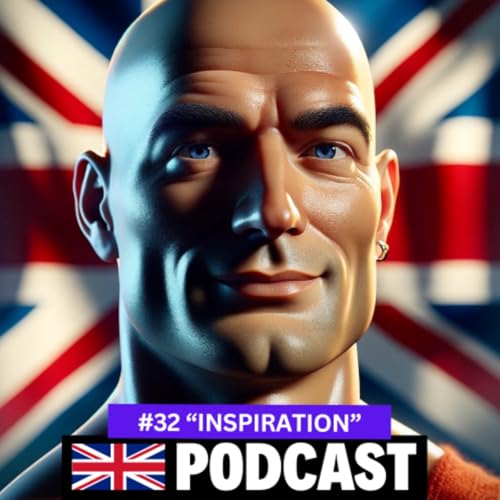Where did the word "panic" come from? Well, turns out it all goes back to Greek God Pan.
Let's explore the etymology and cultural significance of the word "panic". Pan's name is the origin of the word, and his association with sudden, overwhelming fear.
We're tracing the word's development through different parts of speech and meanings in English, along with its connection to Pan's mythological character.
#etymology #linguistics #englishlanguage
____
The word "panic" originates from the Greek god Pan and is linked to his ability to inspire sudden, irrational fear in individuals and groups.
Pan, the god of the wild, shepherds, and flocks, was known for his startling appearance and loud voice. He was often depicted with the hindquarters, legs, and horns of a goat, much like a faun or satyr.
The link between Pan and the emotion of panic is highlighted in several ways across the sources:
• Pan's shout: During the battle between the Greek gods and the giants, Pan's powerful shout instilled fear in the giants, contributing to the gods' victory. This act established Pan's association with causing overwhelming fear in opponents.
• Panic in lonely places: Pan was said to take secluded naps in the afternoon, and anyone who disturbed him would be met with an angry shout that inspired a "panic fear" known as panikon deima. This association of fear with a specific location further cements the link between Pan and the experience of sudden, intense fear.
• Battle of Marathon: During the historic Battle of Marathon (490 BC), it was believed that Pan favoured the Athenians and instilled panic in their Persian enemies, leading to an Athenian victory. This event cemented the word "panic" as a term for a sudden, overpowering fear that can affect large groups of people, particularly in battle.
The word "panic" first entered the English language as an adjective around 1600, often used to describe feelings of fear and terror.
By the early 17th century, it transitioned to a noun, representing the experience of overwhelming fear or fright. Today, the word "panic" encompasses a range of meanings, including sudden fear, financial crises, and even, in colloquial American English, something highly amusing or entertaining. Regardless of the context, the word "panic" carries with it the legacy of the Greek god Pan and his power to inspire sudden, overwhelming emotion.
Hosted on Acast. See acast.com/privacy for more information.
 2025/08/2420 分
2025/08/2420 分 2025/08/2413 分
2025/08/2413 分 2025/08/2415 分
2025/08/2415 分 2025/08/2417 分
2025/08/2417 分 2025/08/2423 分
2025/08/2423 分 2025/08/2412 分
2025/08/2412 分 2025/08/2413 分
2025/08/2413 分 2025/08/2421 分
2025/08/2421 分
